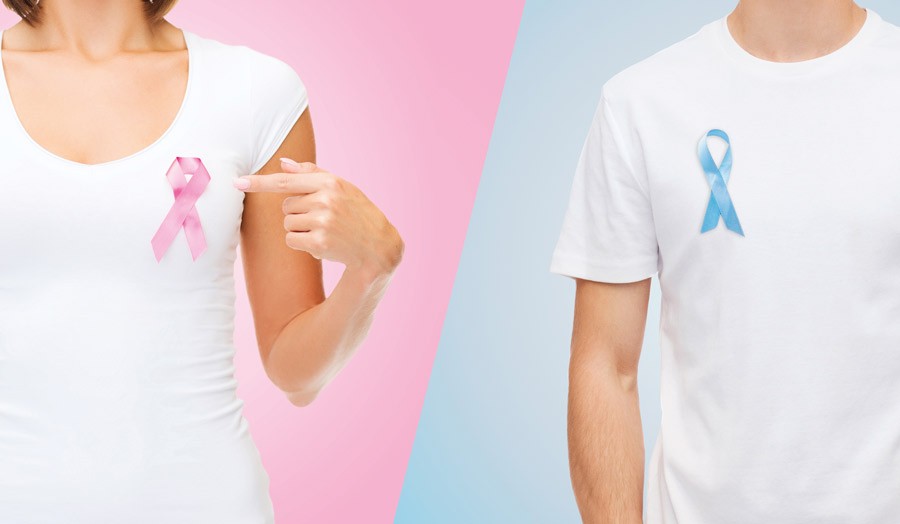A legacy gift is a planned future donation to a charity or trust which is given through a will or other designation. It allows individuals to express personal values by integrating charitable, family, and financial goals. Planned gifts drawn up in wills can be made in cash, or by donating assets such as stocks, real estate, and art pieces. The possibilities are endless.
Legacies represent a key source of revenue for research activity around the world. More than a third of major research funders’ income, such as Cancer Research UK, comes from legacy giving.
Why create a legacy gift?
Research in the medical, environmental, agricultural, and other fields, needs financial assistance to happen. When a person leaves a legacy gift in their will they help research teams make an important difference in the community. These teams have an impact on our lives and wellbeing.
The University of Malta has world-class research in a number of fields being carried out by dedicated teams including cancer, motor neuron diseases, stroke, and epilepsy, to mention a few. Making a gift to the University of Malta in a will to support this research can be one of the greatest gifts one can make. After providing for loved ones, why not make an impact on future generations and leave a donation to the University of Malta through the Research Trust (RIDT)?
There is no minimum or maximum amount for legacy gifts. Even a modest amount will make a huge difference to the University. Legacy gifts can also be left specifically for certain research. They can also take the form of personal items such as books, which can become part of the University collection and which will continue to benefit future students and staff.
‘Without legacy gifts, our cancer research would not be the force that it is today. Our research is world-leading. We have been integral in seeing survival go from 1-in-4 people in 1970 to 2-in-4 people today, and a third of that can be attributed to legacies.’
Dr Samuel Godfrey, Cancer Research UK
Contact the RIDT on info@ridt.org.mt to discuss ideas. Total confidentiality will be applied throughout the process. Gifts large and small are important. Help us make a difference!
‘As a survivor of cancer, having been in hospital for treatments, I’ve seen what cancer research has done. When you donate a legacy gift, it is to help all future generations. Cancer research could aid children, grandchildren, and great grandchildren.’
Testimonial from a Cancer Survivor





Comments are closed for this article!